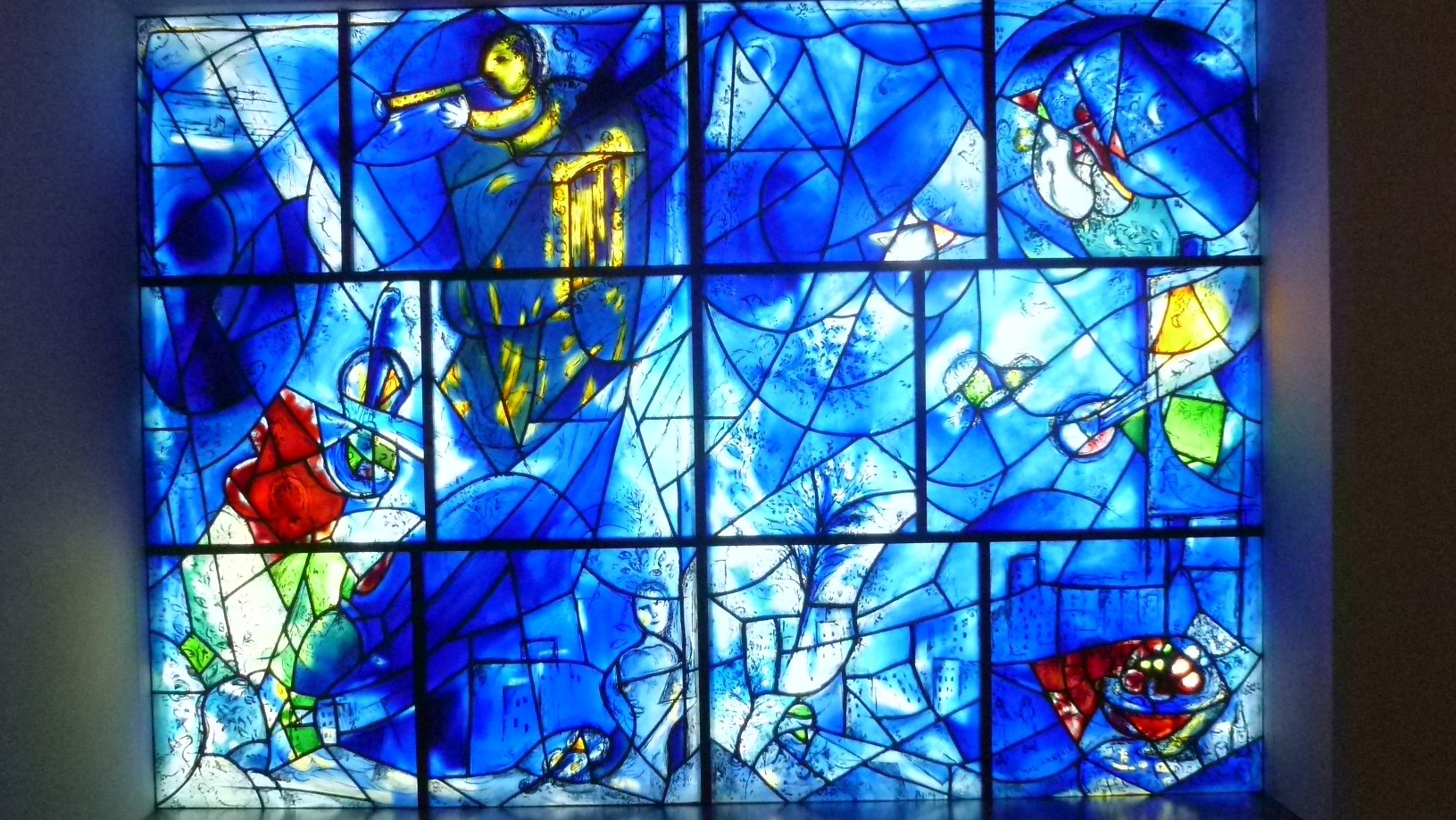
Isaiah 62:1-5
Ordinary C8
1 For Zion’sI sake I will not keep silent,II
and for Jerusalem’sIII sake I will not rest,IV
until her vindicationV shines out like the dawn,VI
and her salvationVII like a burningVIII torch.IX
2 The nationsX shall seeXI your vindication,
and allXII the kingsXIII your glory;XIV
and you shall be calledXV by a newXVI nameXVII
that the mouthXVIII of the LordXIX will give.XX
3 You shall beXXI a crownXXII of beautyXXIII in the handXXIV of the Lord,
and a royalXXV diademXXVI in the handXXVII of your God.XXVIII
4 You shall no more be termedXXIX Forsaken,XXX
and your landXXXI shall no more be termed Desolate;XXXII
but you shall be called My Delight Is in Her,XXXIII
and your land Married;XXXIV
for the Lord delightsXXXV in you,
and your land shall be married.
5 For as a young manXXXVI marries a young woman,XXXVII
so shall your builderXXXVIII marry you,
and as the bridegroomXXXIX rejoicesXL over the bride,XLI
so shall your God rejoiceXLII over you.
Image credit: “America Windows” by Marc Chagall, 1977.
